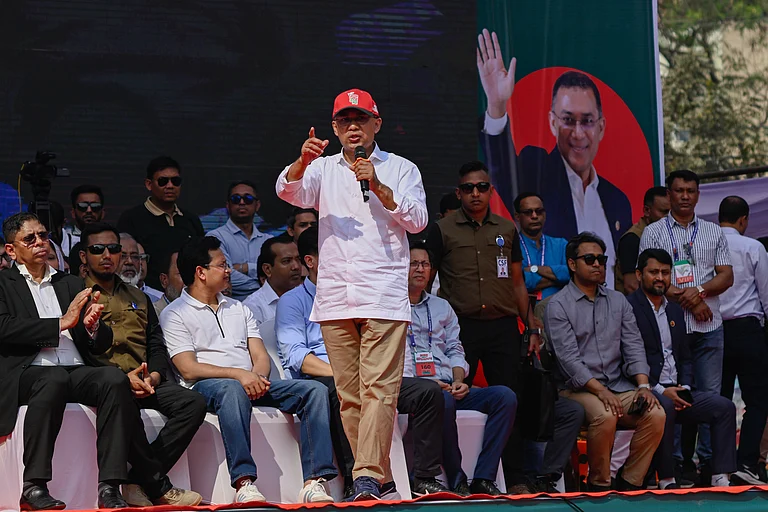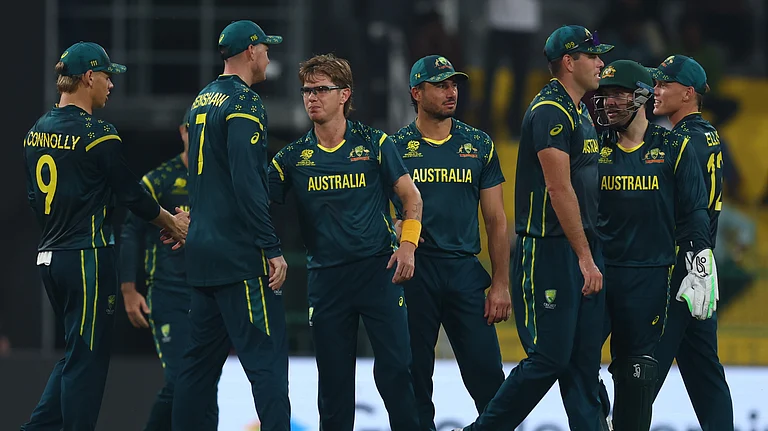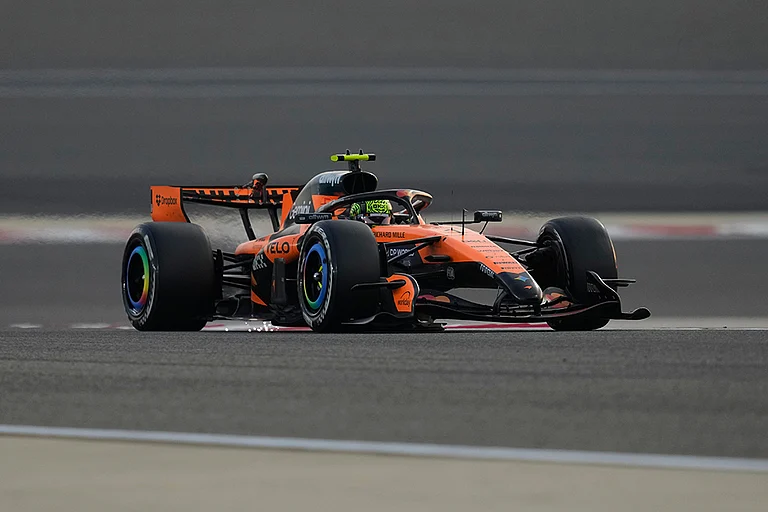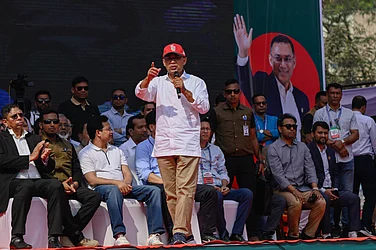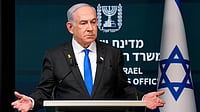Next month, a crucial two-day conference organized by the National Investigation Agency (NIA) will convene, bringing together heads of intelligence agencies and state counter-terrorism units to address the issue of banned Khalistani outfits. This gathering takes place amid strained relations between Canada and India, with the controversy over harboring Khalistani sympathizers exacerbating tensions, The Indian Express reported.
Central intelligence agencies intend to emphasize two critical points during this conference: the imperative to seize assets linked to Khalistani groups and the necessity for enhanced cooperation with state police forces to pursue leads on an international scale.
An official familiar with the matter revealed, "The NIA is currently investigating approximately 10 cases related to the nexus between gangsters, terror operatives, and banned Khalistani outfits. In most of these cases, the accused within India are already incarcerated, while their associates or handlers reside abroad, particularly in Canada and Pakistan. We are actively collaborating with the Ministry of External Affairs and the Research and Analysis Wing (R&AW) to apprehend them."
The NIA also intends to share specific case studies with state counter-terrorism units, illustrating their strategies for dismantling this intricate web. "We have initiated the process of seizing assets belonging to numerous gangsters, their associates, and criminals operating from foreign soil. To gather more information on their properties, we are tapping into the intelligence networks of various state police forces. Effective on-ground coordination, similar to what we achieved against the Popular Front of India, is essential for our plan," the official emphasized.
The conference will be attended by prominent figures in the intelligence community, including R&AW Chief Ravi Sinha, Intelligence Bureau Head Tapan Kumar Deka, and National Technical Research Organisation Chairman Arun Sinha.
Furthermore, NIA officials are exploring potential connections between gangsters and individuals from various fields, including singers, kabaddi players, and advocates, drawing parallels with the pre-1993 Mumbai blasts era when links between the underworld and the film industry came to light. An official cited the example of Arshdeep Singh Gill, a designated terrorist associated with the Khalistan Tiger Force (KTF) based in Canada. "Both the Punjab police and the NIA are actively pursuing multiple cases against him. Ideally, these investigative teams should collaborate and jointly pursue the case," the official stressed, underscoring the importance of seamless cooperation when dealing with international agencies.
Senior officials in the Ministry of Home Affairs have highlighted the critical need for the smooth exchange of information, alerts, and terror-related intelligence among the heads of security agencies operating in various states. "All participants have been requested to make presentations and share key insights from their terror investigation cases," an official disclosed, indicating that discussions will also cover the increasing use of Chinese SIM cards within the country and evolving trends in terror funding.







